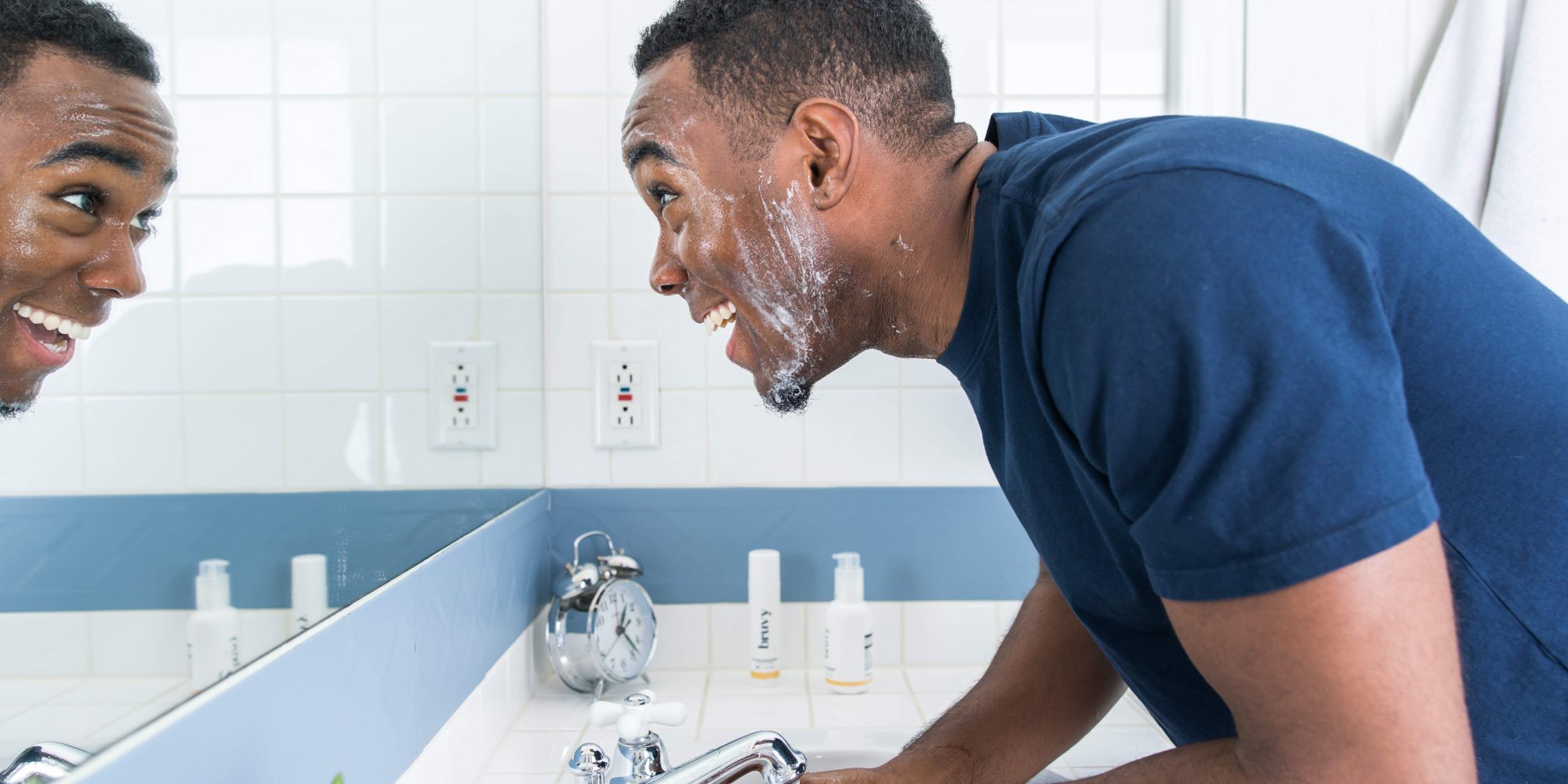
The Primped Pandemic Guy: Men’s Brands See Online Sales Increases
Before the pandemic, beauty entrepreneur Andrew Glass, co-founder of hair removal brand Wakse and founder of skincare brand Non Gender Specific, was more into personal maintenance than your typical guy. During the pandemic, he’s taken it up yet another notch.
“I would use cleanser and serum every morning, but would slack at night. I would cleanse and do no treatments mostly because I was running around with my head cut off a lot of the time,” he says. “Now that I have a little more time, I’m doing treatments at night. I’m obsessed with masks, and I’ve started to double cleanse.”
If he didn’t own the brand he’s getting products from, Glass estimates his new habits would add $70 to his monthly skincare budget. As a beauty product enthusiast in advance of the coronavirus crisis, Glass’s amplified skincare regimen could be considered an obvious move for him and an anomaly not repeated by guys generally. However, he’s not an anomaly.
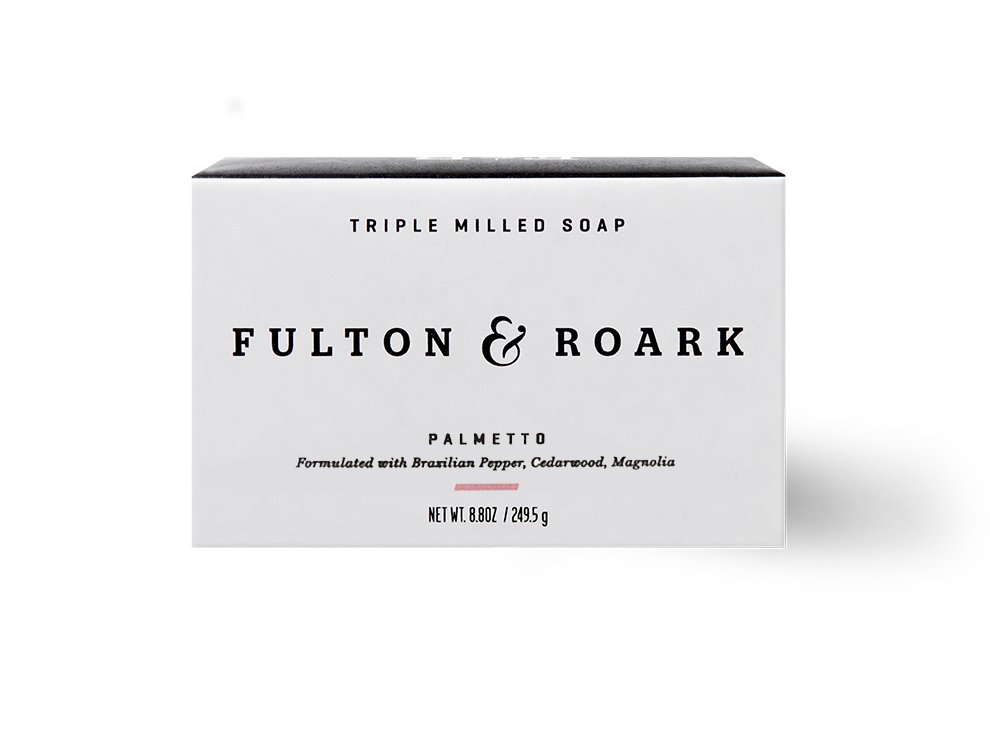 At Fulton & Roark, year-over-year sales have increased 100%. Specifically, sales of the fragrance and grooming brand’s 2-in-1 Shampoo + Body Wash have spiked 50%, Hand + Body Lotion 125%, Palmetto Bar Soap 100% and Conditioner 25%.
At Fulton & Roark, year-over-year sales have increased 100%. Specifically, sales of the fragrance and grooming brand’s 2-in-1 Shampoo + Body Wash have spiked 50%, Hand + Body Lotion 125%, Palmetto Bar Soap 100% and Conditioner 25%.
Men’s grooming and skincare brands are experiencing upticks in e-commerce sales as their customers stock up on essentials while experimenting with a few products that might’ve usually been out of their comfort zones. At Fulton & Roark, for example, year-over-year sales have increased 100%. Specifically, sales of the fragrance and grooming brand’s 2-in-1 Shampoo + Body Wash have spiked 50%, Hand + Body Lotion 125%, Palmetto Bar Soap 100% and Conditioner 25%.
“In our current work-from-home situation, donning a suit or smart outfit just isn’t practical. So, I think one thing guys are doing to scratch that itch of feeling like they’re taking care of themselves and looking their best, even if they’re wearing gym shorts and T-shirts, is taking better care of their hair and skin,” says Kevin Keller, co-founder of Fulton & Roark. “It feels a bit like an investment in the future and a nice thing a guy can do for himself.”
Guys aren’t a monolith, of course, and they’ve had an array of personal care reactions to coronavirus circumstances. Some guys have let their hair go, including their beards, particularly at the onset of the pandemic. Others have given themselves buzz cuts and kept a close shave. Either way, they’ve spent money online to tend to themselves when they’re not taking quick post-workout showers in their fitness destinations of choice or truncating grooming in a rush to the office.
“There’s no better time to start a routine, especially in areas where you’re investing in yourself.”
In mid-April, Reuzel’s beard products sales shot up 42% for the preceding three weeks. Its total business had risen 29% from earlier in the year and 66% from the same period a year ago. Marta Rubenstein Harmon, SVP of sales and education at Reuzel, explains the sales hikes are from men scooping up products to “tame longer, unruly hair.” To respond to the demand, the brand has been focusing its social media content on products for long hair and self-application videos.
For the first two weeks he was quarantined, Craig Dubitsky, founder of Hello Products, an oral care brand he says has realized an “incredible” online sales increase as consumers turn to natural options for their product staples, grew his beard out a bit. After that, Dubitsky reports, “I decided to trim it up and keep things neat, as my days consist of back-to-back-to-back video conferences, and there’s no need to look any different for folks on the other end than I would if we were in the same room together. I think bringing any type of normalcy to times that are anything but normal is a healthy thing.”
Matt Mullenax, CEO and founder of Huron, which he says has seen “strong” sales of late, has been sporting long hair. “I’ve seen many friends entrust their significant others to give them a haircut. That will not be happening with me, no matter how many times my fiancé asks,” he shares. “In all seriousness, I think people in general are craving structure in an unstructured time. It’s imperative to maintain routines during this time of uncertainty. And there’s no better time to start a routine, especially in areas where you’re investing in yourself.”
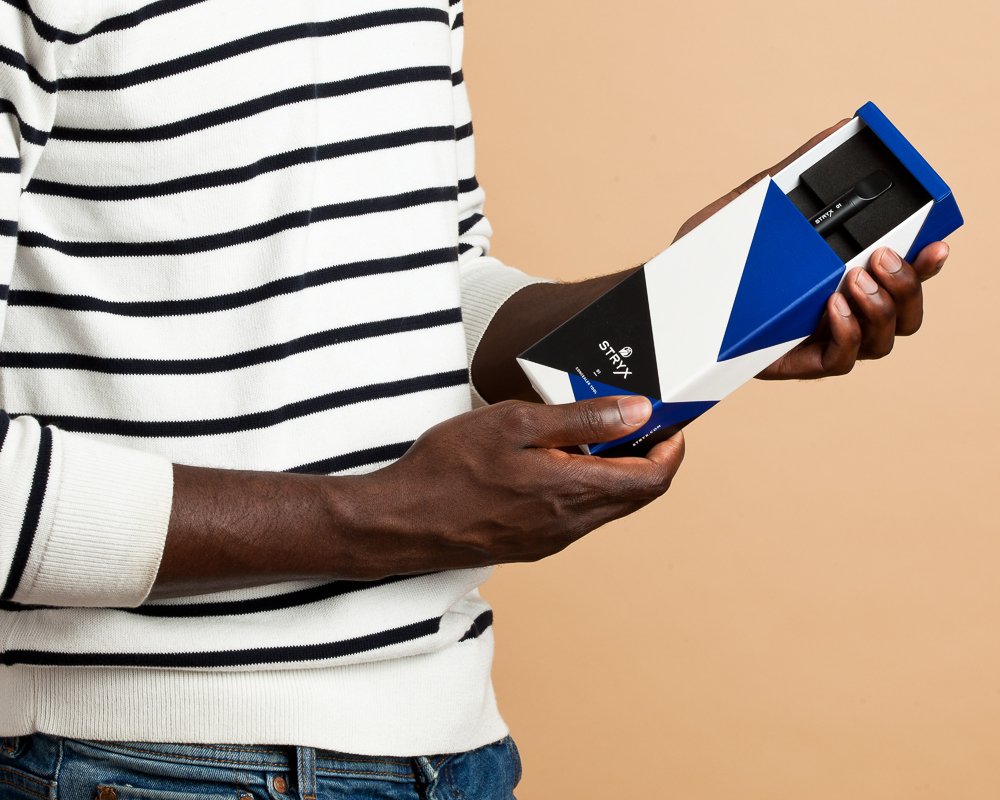 Men are turning to cosmetic brand Stryx’s Concealer Tool to look their best during Zoom calls.
Men are turning to cosmetic brand Stryx’s Concealer Tool to look their best during Zoom calls.
Scotch Porter is a beneficiary of augmented investment. Its e-commerce sales have surged 104% since COVID-19 hit hard in the United States, and customers are purchasing five products on average compared to 2.5 products on average prior to the outbreak. Haircare and beard products are Scotch Porter’s top-selling categories. The brand has introduced #SPWellness sessions on its social media platforms to provide customers DIY and cost-effective tips to improve their lifestyles.
Sales of face masks, common in women’s skincare arsenals, but not so much in men’s, are swelling at MASC, a men’s grooming shop and e-tailer based in Vancouver, Canada, and men’s skincare, haircare and body care brand Lumin. “As this situation first began to unfold, we weren’t sure what to expect, but we soon learned that, even in these challenging times, guys really do value their self-care,” says MASC co-founder Patrick Levesque. Lumin co-founder Darwish Gani says, “We’ve seen men really double down on taking care of themselves in this time. It’s a great time to invest in yourself, build new habits and try to set yourself up for a new baseline before we head back to a new normal.”
Haircare, skincare and beard care brands aren’t the only brands being impacted by changing male personal maintenance. Following a 70% sales drop in March, men’s cosmetics brand Stryx’s sales accelerated 19% in April and 16% at the beginning of May. Its website traffic has jumped 30%. The brand’s co-founders Devir Kahan and Jon Shanahan figure men are interested in its bestselling Concealer Tool to cover up zits for Zoom calls.
“Once things start getting back to normal, people will go back to their usual routines.”
Cosmetics are still a stretch for the majority of guys, pandemic or no pandemic. Essentials remain the central sales engine in a men’s personal care market that was on a tear leading up to coronavirus. Men’s skincare brand Bruvy’s customers aren’t straying from tried-and-true merchandise. “Guys seem to be sticking to the products they know and love in comparison to searching for new products,” says Bruvy CEO and co-founder Steadman Dining. The brand’s bestseller is The Skincare Duo, a set with its face moisturizer and face cleanser.
Will the pandemic-era shifts in men’s personal maintenance persist post-pandemic? Stan Ades, co-founder and CEO of Pacific Shaving Company, foresees scraggly beards and lengthy strands being chopped off as men emerge from their homes. He says, “A vacation beard and unruly hair feels good for a little while, but, when we come out of this, I believe people are going to embrace a clean start and good grooming will be a big part of that.” Josh Meyer, CEO of Brickell Men’s Products, which has registered a 45% sales bump recently, agrees quarantine-sparked shifts will be fleeting. He says, “I believe in human resilience and, while this will be very much an adjustment in the short term, I think, once things start getting back to normal, people will go back to their usual routines.”
Mullenax has a different view. He argues the dynamics at the moment will have lasting “positive implications” on the men’s personal care space. Mullenax says, “It’s hard to make a blanket statement that all guys will become more self-aware of their hygiene, cleanliness, etc., but hard to refute that consumers in general might think twice about touching their faces without clean hands.”
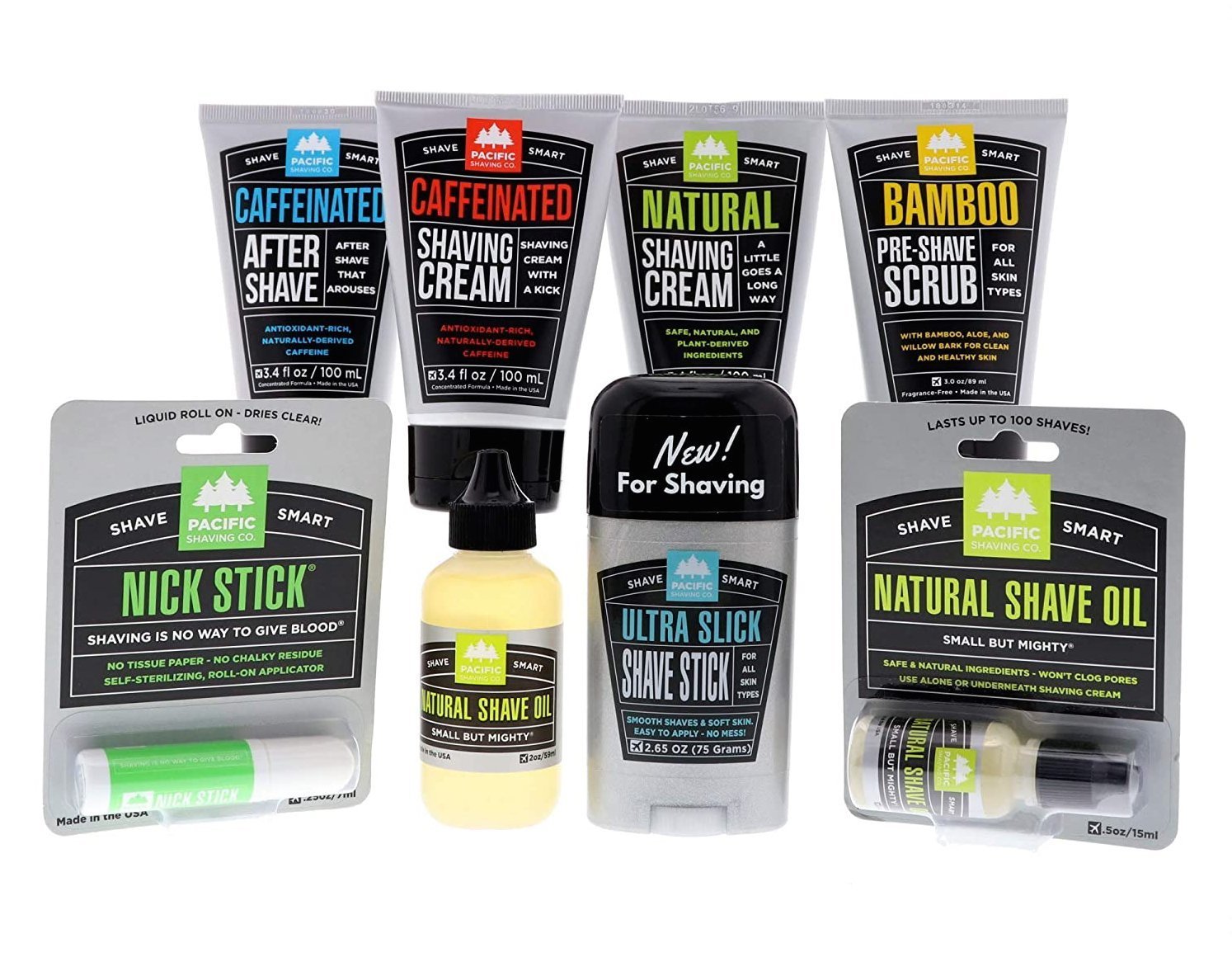 Stan Ades, co-founder and CEO of Pacific Shaving Company, foresees scraggly beards being chopped off as men emerge from their homes. He envisions, therefore, that beard care sales will dip as lockdowns end while shaving product sales rise.
Stan Ades, co-founder and CEO of Pacific Shaving Company, foresees scraggly beards being chopped off as men emerge from their homes. He envisions, therefore, that beard care sales will dip as lockdowns end while shaving product sales rise.
Glass predicts he’ll tone down his skincare routine a bit once the pandemic passes, but he won’t completely abandon the practices he picked up in lockdown. “I will definitely keep double cleansing, probably not as often, maybe once a week when things get crazy again. I will probably still mask at least two times a week,” he says. “I’m dying over the results.”
KEY TAKEAWAYS
- Men’s grooming and skincare brands are experiencing upticks in e-commerce sales. For example, Fulton & Roark's and Scotch Porter's recent online sales have jumped 100% and 109%, respectively.
- Male personal maintenance has changed during the pandemic. Men have let their hair and beards grow long, leading to sales increases of beard care and haircare products.
- Men's brands have created content to suit pandemic-era shifts. Reuzel is posting about products for long hair and producing self-application videos. Scotch Porter has introduced #SPWellness sessions on its social media platforms to provide customers DIY and cost-effective tips to improve their lifestyles.
- Some men are experimenting with products they might not have experimented with prior to the pandemic. Face masks on are on the upswing at MASC and Lumin. At Stryx, concealer sales are on the rise as men desire to look their best for Zoom calls.
- Men's grooming insiders debate whether or not current personal care practices will persist as men resume a modicum of normal life. Many men will undoubtedly continue with at least some of the product behavior they picked up during quarantine.




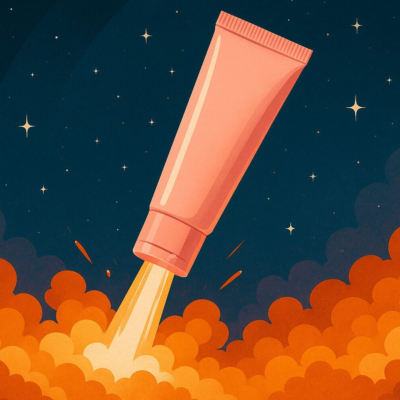
Leave a Reply
You must be logged in to post a comment.